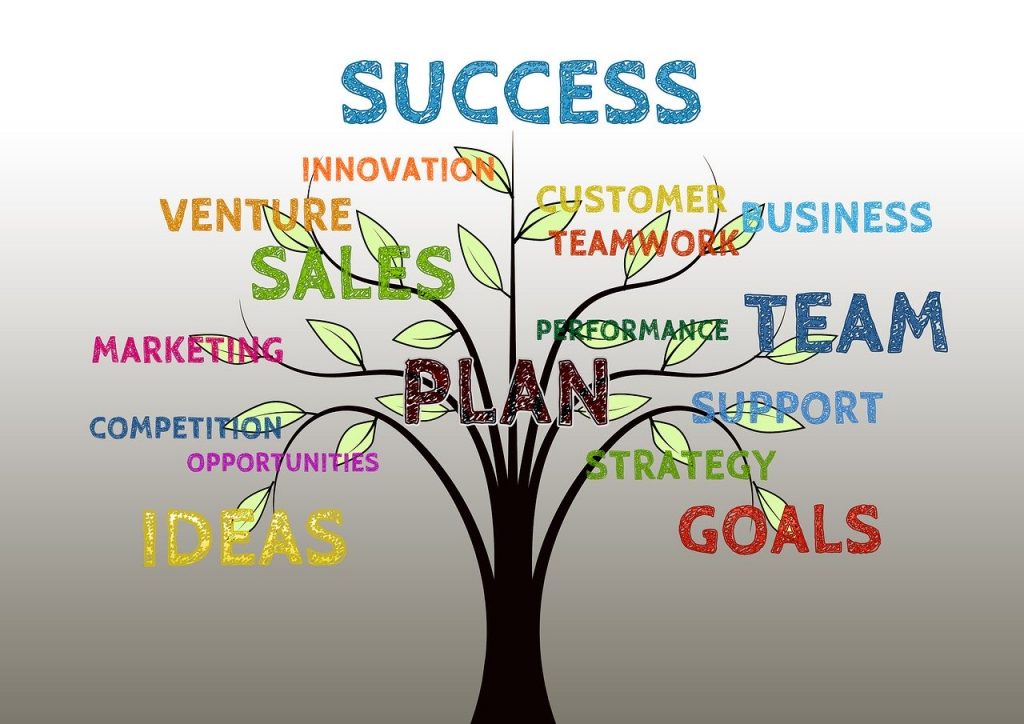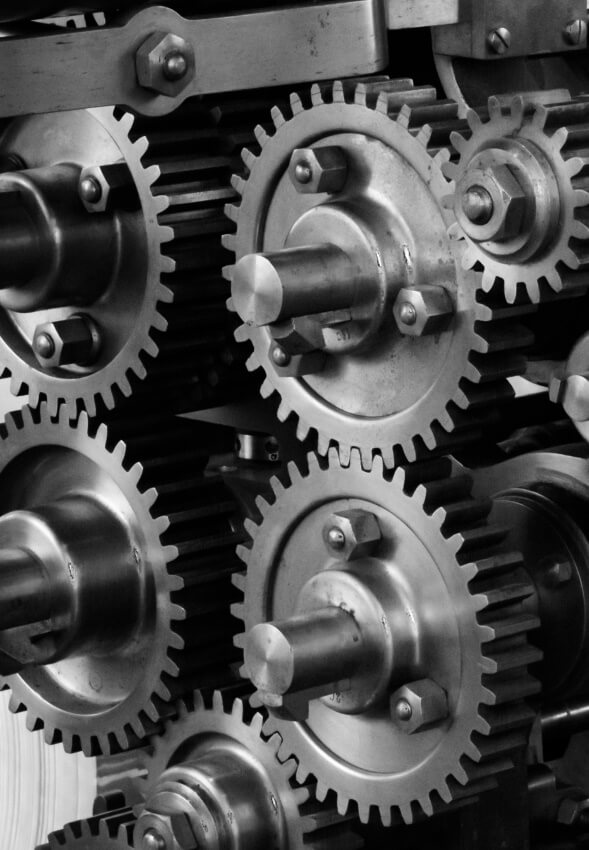Industry 4.0:what’s changing in practice?
Why industrial practices are outdated
and what will inevitably change in the industry?
The needs of industrial companies have changed radically under the pressure of markets and society.
In the past, measuring efficiency (OEE), production quantities and scrap rates seemed to be sufficient to establish whether a factory was working well or not. High production rates were the norm and hyper-specialisation of tools and skills was the norm.
But mass consumption has gradually declined in favour of more differentiated products. New products are coming to market faster than before and in greater numbers. They also have a much shorter shelf life than in the past. Manufacturers have bad to adapt by better integrating research and development with production.
The aim today is to produce smaller batches adapted to these more profitable niche markets and to develop their products more quickly and more often in line with market demand (with less consumption of resources, more organic, more ethical etc…).

The manufacturers who have managed to stand out from the international competition in recent years are those who now offer more services and more values (social, environmental) associated with their products. The success of TESLA is iconic for its product, but the organisation model of its factories has also become so (to the point of overtaking the old world manufacturers in this respect). This requires a complete vision of the value chain from design to after-sales service. This new transversal organisation needs new tools to communicate in real time and pull in the same direction.
Since innovation cannot be decreed, horizontal collaboration is encouraged to carry out new projects in agile mode. Employees from different departments work outside the old silos by self-organising. Collective intelligence is emphasised to find pragmatic solutions and adapt to the ever more brutal changes in the economic (and health) environment.
The first concrete marker of Industry 4.0 is the shift from a reactive approach to the progress loop.
The first tangible change is the functionality of the Manufacturing Execution System software. Until now, the MES was designed to capture as much information as possible in order to produce indicators that would warn of any problems.
This “monitoring » was tainted with punitive thoughts from another century It is the generally accepted idea that the more information you have, the better you can detect anomalies and measure statistical trends towards an ideal target. This is typical of SPC (Statistical Process Control) systems, a concept that dates back to the 1920s and that surely inspired George Orwell, the author of “1984”!
Fortunately, it has since been understood that process stability is an illusionin the context of the hyper-rapid change we are experiencing. By nature, stable processes only concern old products and therefore only a declining part of production. This model does not allow for rapid performance on new products, precisely those that make the difference on the market if they are delivered on time and in the expected quality.
It is the whole chain that must be in permanent self-adaptation. For this to happen, people and machines must share relevant, contextualised information in real time. Flows and controls are more generic so as not to overcomplicate and multiply exceptions.
At the same time, operators are given the means to manage unforeseen events in a more structured way than before. The search for causes is systematic and no longer limited to the strict perimeter of manufacturing. Changes can concern all links in the chain, from design to sales, including methods and quality. The sharing experience is no longer compartmentalised by department with the setting up of multi-disciplinary teams. This accelerates not only the search for solutions, but also the execution of action plans. Actions are audited to validate the effectiveness of the solutions provided.

If necessary, Management support is needed, but only in coaching mode. Employees no longer come with problems but with solutions.This approach allows for faster reaction and stable processes in an unstable environment. The MES of Industry 4.0 is distinguished by its ability to make all departments collaborate in the continuous improvement process. By putting people at the centre of everything, MES 4.0 is a facilitator of good practices and not an omniscient algorithm.To enable continuous improvement, MES must offer:
- A quick way to directly alert the right people in case of a problem
- Easy access to information to analyse problems
- A single exchange platform to create and carry out action plans
- Audit-based closure of actions
- Active management of the skills matrix
You will find these functionalities in the SMARTPROD application.
We’re here for you!
Share with us your ideas on how to put Industry 4.0 into practice in your company.
